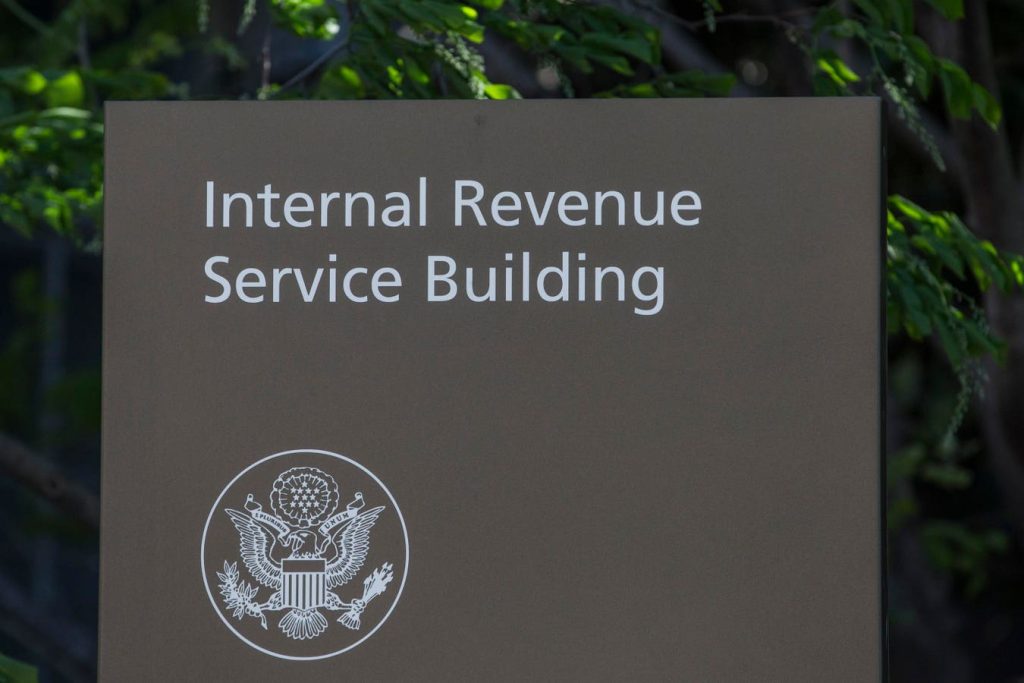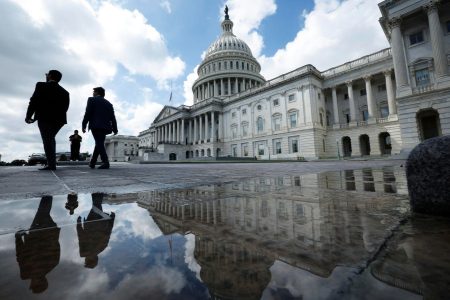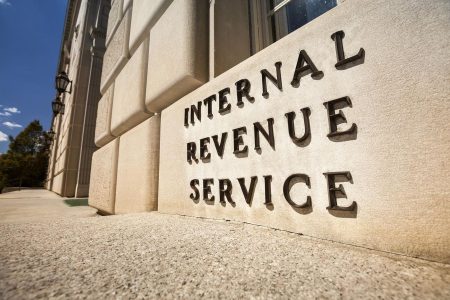Taxpayers with foreign assets often have international information return filing requirements. And the failure to timely file these returns can be costly. In addition to significant civil penalties for late filing, the IRS usually has a much longer statute of limitations period to propose additional taxes when a required information return has not been filed.
Routine IRS audits sometimes uncover undisclosed foreign assets and unreported foreign income. For example, auditors generally ask taxpayers to provide copies of bank statements and other financial information. In reviewing this information, IRS agents are trained to analyze the source of deposits and whether any deposits appear to be from foreign sources. If these are discovered, the agent will generally expand the scope of the audit to older years to determine whether foreign income has been properly reported and whether information returns have been filed.
A recent case in the United States District Court for the Eastern District of New York illustrates this point well. In Kish v. U.S., No. 23-MC-2035 (E.D.N.Y. Feb. 13, 2024), the IRS initiated an examination of a married couple’s 2020 tax year. As is typical, the auditor issued Information Document Requests (IDRs), requesting copies of financial information and bank statements.
The taxpayers produced some of the requested documents. After reviewing this information, the auditor apparently picked up on foreign activities and expanded the scope of the examination from the initial 2020 tax year to as far back as 2011. According to the court’s memorandum and order, the IRS broadened the scope of the audit to determine whether Mr. Kish should be liable for Form 5471 civil penalties from 2011 through 2021 and FBAR civil penalties from 2018 through 2021.
In a later IDR, the auditor requested in-person interviews with the taxpayers. Their counsel informed the agent of their unavailability, resulting in the auditor issuing separate summonses to Mr. and Mrs. Kish to personally appear at an IRS office on August 8, 2023. The summonses also instructed the taxpayers to bring certain documents and financial information with them, including their U.S. passports.
Prior to the scheduled interview date, the taxpayers took two actions. First, they submitted an identity theft affidavit to the IRS. In the affidavit, the taxpayers explained that Mr. Kish’s family members in the United Kingdom had stolen his identity, causing the tax reporting problems. They also indicated that Mr. Kish had never conducted business outside the United States.
Second, on August 1, 2023, the taxpayers filed a lawsuit against the government seeking to have the summonses ruled invalid. According to their lawsuit, the government had issued the summonses in bad faith because, among other reasons, they had provided “thousands of pages’ worth of documents” to the IRS, they were the victims of identity theft, and the agency had “no legal authority to demand to conduct examinations of [their 2011 through 2016] tax records.”
In response, the IRS filed a motion to enforce the summonses. In its motion, the agency contended that it had satisfied its legal burden to have the summonses enforced under United States v. Powell in that: (i) the investigation had a legitimate purpose; (ii) the summonses were related to that purpose; (iii) the agency did not already have the information sought in the summonses; and (iv) it had complied with all necessary administrative steps.
Significantly, the IRS’ burden to enforce a summons under the Powell standard is “minimal.” After the agency shows some evidence of compliance with each factor (often through an auditor’s affidavit), the burden shifts to the taxpayer to disprove one or more of the agency’s contentions. Because of this standard, taxpayers rarely win in these types of cases.
In Kish, the court similarly concluded that the summonses should be enforced because the IRS had met its minimal burden under Powell. Regarding the first factor (legitimate purpose), the court ruled that the IRS could lawfully inquire into years as far back as 2011 because, among other reasons, the statute of limitations period to propose additional taxes and to assess civil penalties (e.g., Form 5471) remained open if, as argued by the IRS, Mr. Kish had failed to file Forms 5471.
The court also placed little weight on the taxpayer’s contentions that the summonses should not be enforced because of the alleged identity theft. According to the court, the IRS merely had to show that the summonses were potentially relevant to an ongoing investigation—here, whether the taxpayers owed additional tax and were liable for civil penalties. The agency was not required to disprove the identity theft to enforce the summonses.
The Kish decision is an important reminder of the IRS’ broad investigatory powers and their application to international information returns. Although the agency generally has three years from the date a return is filed to propose additional taxes, the three-year period can be extended indefinitely until required international information returns have been filed. In these latter cases, Kish reminds us that the scope of an examination can consequently cover very old tax years.
Read the full article here












